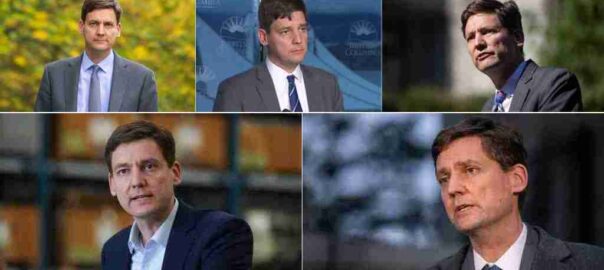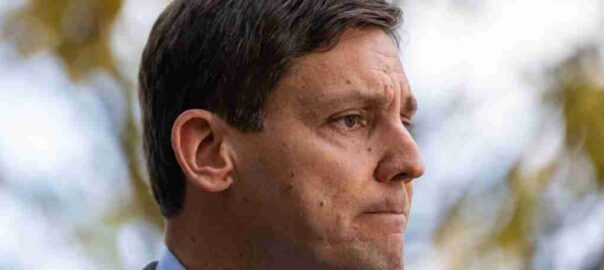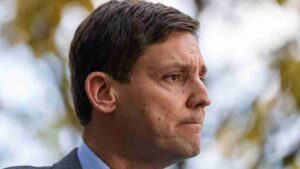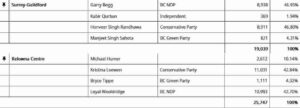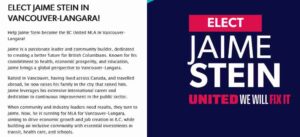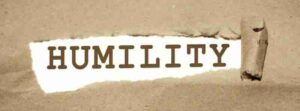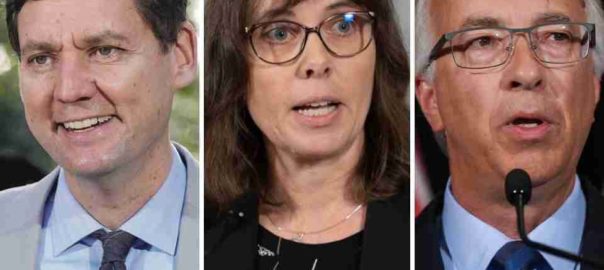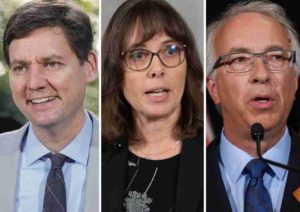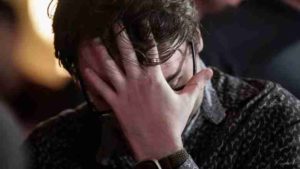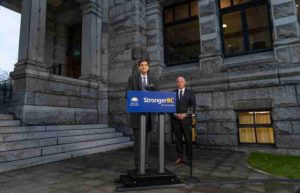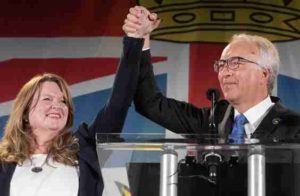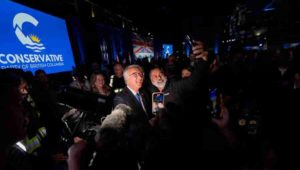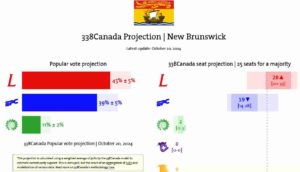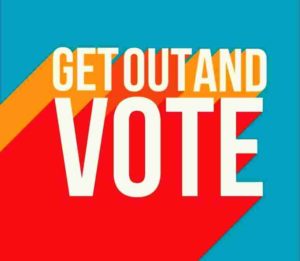
David Eby: chastened, humbled, reflective, willing to listen, refocusing his government’s priorities.
Barely scraping by with the slimmest of majority governments, Premier David Eby has emerged from the bruising 2024 British Columbia election campaign a humbled and chastened man, a provincial leader prepared to change his government’s legislative priorities, to listen more, to be more collaborative in his approach, and to refocus on the priorities identified by the British Columbia electorate.
In the two years since assuming power in the Premier’s office, David Eby proved to be the provincial equivalent of the energizer bunny, going off in 10,000 different directions at once, unfocused, taking on far too much with little prospect of changing anything at all, Eby’s imperious, autocratic, top down approach alienating broad swaths of British Columbia’s citizenry, at odds with municipal administrations across the province, all the while racking up debt and ill will, and a cry to please just slow the merry-go-round down a bit, the change David Eby sought to achieve dizzying and disquietening in the breadth and depth of its unachievable scope.
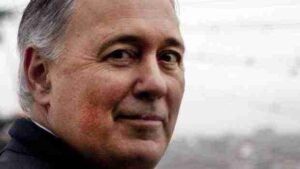
British Columbia’s 31st (BC NDP) Premier, Glen Clark, pictured above in 2024, at 66 years of age.
During the course of the election, broadcaster Mo Amir conducted an extensive, thoughtful and engaging interview on his This is Vancolour podcast with British Columbia’s 31st Premier, the original B.C. political energizer bunny, the British Columbia New Democrat’s Glen Clark, now a senior citizen at the ripe old age of 66 (soon to be 67, given that his birthday is coming up on November 22nd).

This is the advice that the older, and now wiser, Mr. Clark has for David Eby …
“David tried to accomplish too much in his two-year term as Premier, with little in the way of definable outcomes that people could see and feel. In the coming term, my advice to the Premier would be to refocus his government on four or five achievable goals: fulfill the government’s promise of $10-a-day child care; when it comes to health care, make a firm commitment that by 2026 the Interior region of the province will no longer experience emergency room closures, all while committing to reducing wait times and ensuring every B.C. citizen has a family physician.
Focus his government’s priority on achieving public safety, while ensuring that the indigent population are well-housed; and build social housing, high quality co-operative housing constructed on Crown land, a commitment to opening the doors on 10,000 units of housing for families, by 2027, in every region across our province.”
In the 2017 British Columbia election campaign, the BC NDP committed to building 100,000 units of affordable housing by 2025. In point of fact, the government has achieved only 20% of that goal. British Columbia’s NDP government has got to stop making promises that they have no real and palpable intention of fulfilling.

Throughout the course of the recent 28-day election campaign, David Eby championed his government’s near fulfilled commitment to achieving $10-a-day child care for families who live in every region across B.C., when in point of fact his government is a very long way from achieving that goal. Most irritating to VanRamblings was the Premier’s championing of how his government had cut child care fees in half during their term of government (note: not $10-a-day child care), when David Eby’s government had no role to play in halving child care fees: doing so was entirely a federally funded initiative of the Trudeau government.
The key to a successful, full-term David Eby-led British Columbia New Democratic Party government is, as we write above, collaboration, consultation, respect for the municipal partners in the change movement to build the much needed housing the public has demanded, an ability to listen and to act, and be seen to act, on the input that will be provided by the stakeholders in the movement for change (read: citizens), who desire change as much as David Eby wants change, but change reflected in the wants and needs of the populace, rather than the autocratic imposition of a “I know best what you need” British Columbia provincial government.
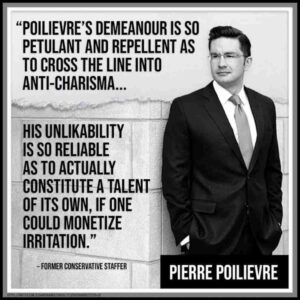
Now for the good news — good news, that is, if you’re a fan of Premier David Eby (as is the case with VanRamblings) and the B.C. New Democratic Party government he leads with vision, and an unwavering commitment to the public good.
If Premier Eby can hold onto government for the next three years — for which the prospects are good, given that negotiations between Green Party leader Sonia Furstenau and David Eby, to work collaboratively, are moving ahead well for both concerned parties — a number of salutary events will unfold for the BC NDP …
- The Broadway Millennium Line Skytrain extension to Arbutus Street will open in late 2027, along with the 13-storey social housing seniors facility at 7th and Arbutus. Governments that get things done always wears well with the public;

- The new Pattullo Bridge, connecting New Westminster to Surrey, will also open, as yet another feather in the cap of the B.C. New Democratic Party government;
- And, best of all, a far-right, chaos driven, extremely unpopular Pierre Poilevre government will have been in power for two years come late 2027, which will have a number of salutary impacts: the re-birth of a renewed B.C. Liberal Party, a very unpopular B.C. Conservative opposition following on the coattails of a hated Pierre Poilievre, a Trumpian nightmare of a Prime Minister — you wonder why Nova Scotia Conservative Premier Tim Houston is going to the polls early, as will soon be the case with Ontario Conservative Premier, Doug Ford … cuz they know, even if you don’t, that Pierre Poilievre will be held in such disrepute that their respective chances for re-election would be fatally wounded with Poilievre in power. And what does this have to do with the cost of tea in China, and the prospects of David Eby being re-elected to a second full term, with a much increased majority, in 2027-2028? An upstart B.C. Liberal Party garnering 23% of the vote, a B.C. Conservative Party also registering at 23% in the polls, and our beloved David Eby-led British Columbia New Democratic Party government coming up the middle in 2027-2028, in a B.C. provincial election that will give them a comfortable majority in the British Columbia legislature.
And, yes, we’re aware that we’re driving you nuts with our criticism of the BC NDP, while touting their majority government re-election, three or four years hence.
All part of the invaluable service we provide to you, most days, at VanRamblings!
